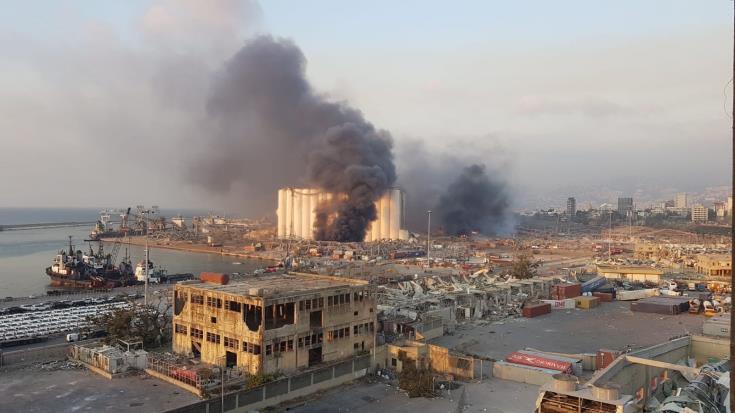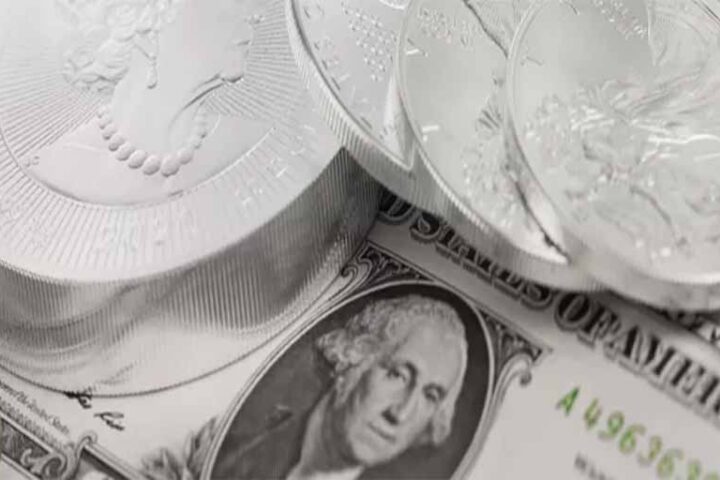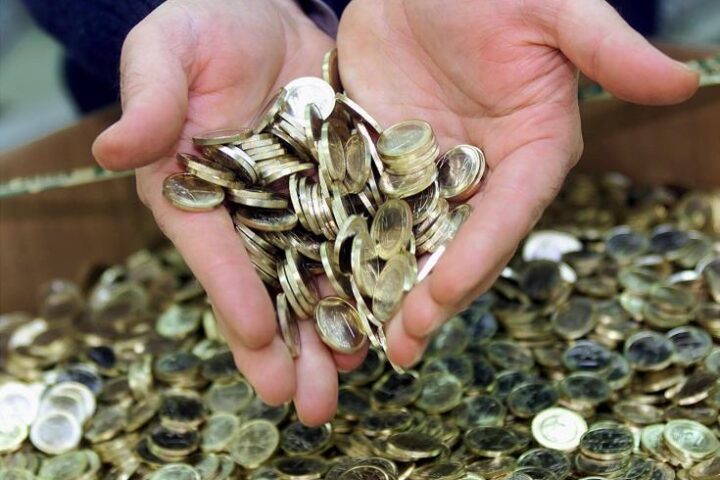A Cyprus diplomat is among the three Cypriot women confirmed injured following a massive blast which ripped through Beirut killing at least 100 people and injuring 4,000.
The huge explosion in the port area of the Lebanese capital also caused extensive damage to the Cyprus Embassy.
The embassy’s Charge d’ Affaires was wounded in the blast and taken to hospital, but her injuries are not thought to be life-threatening.
Tuesday’s blast at Beirut’s port warehouses storing highly explosive material was the most powerful in years in a country already reeling from an economic crisis and a surge in coronavirus infections.
Cause of the blast is reported to be some 2,750 tonnes of ammonium nitrate, used in fertilisers and bombs, which had been stored for six years at the port without safety measures.
The explosive material exploded after being ignited by a blaze started near the facility.
Lebanon officials did not say what caused the blaze that set off the blast.
As reported by Reuters, a security source said it was started by welding work being carried out on a hole in the warehouse.
“It’s like a war zone. I’m speechless,” Beirut’s mayor, Jamal Itani, told Reuters while inspecting damage on Wednesday that he estimated would cost billions of dollars.
“This is a catastrophe for Beirut and Lebanon,” he said.
The head of Lebanon’s Red Cross, George Kettani, said at least 100 people had been killed.
“We are still sweeping the area. There could still be victims. I hope not,” he said.
The blast was felt and seen in Cyprus, some 207kms away, and heard inland from the capital Nicosia.
People across the island have posted reports and images of the explosion as seen from Cyprus’ coast.
Nicosia has offered medical assistance to Lebanon that is struggling to cope with the aftermath of the deadly explosion.
Cypriot authorities have offered to send a medical team to Lebanon while preparing some of its facilities to accept victims from the blast.
“We are in communication with the Lebanese government and have informed them of Cyprus’ immediate readiness to assist,” said Foreign Minister Nicos Christodoulides, soon after he spoke to his counterpart Charbel Wehbe, who was sworn into office day before.
The first blast was in a warehouse, that started a chain of minor explosions, leading some 30 seconds later to the second blast that rocked the country, with plumes of red smoke clearly visible from the Cyprus coastal town of Larnaca, where tourists and beachgoers were staring in awe.
The blast and shockwave woke ugly memories of the munitions explosion in Cyprus in July 2011 killing 13 people, mostly firemen and seamen from the nearby naval station. The explosion at Mari, that destroyed the nearby Vassiliko power station, causing power outages that took months to repair and brought the island’s economy to a standstill.
The Cyprus Foreign Ministry urged all Cypriots to register with the embassy in Beirut to coordinate any need for evacuation or repatriation.
There are around 2,000 Cypriots living in Lebanon, many have been unable to leave due to the crisis there.
The ministry said Cypriot citizens affected by the blast and in need can contact the crisis management centre in Nicosia on +35799660129, or the embassy in Beirut on +9613572139.










